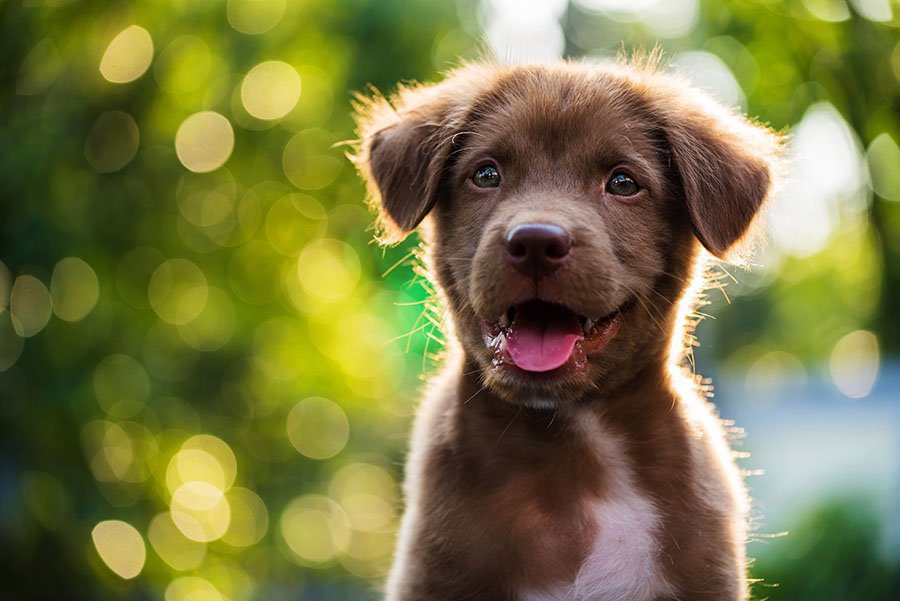Okay, so you’ve adopted your new puppy and you’re ready for a lifetime of walks, playing fetch and posting adorable social media photos. But, before you get too comfortable, one of the first things that you should think about is getting your puppy vaccinated against the highly contagious virus, canine parvovirus.
What is Canine Parvovirus?
Canine parvovirus (CPV) is a contagious virus that causes issues for the gastrointestinal tracts of dogs and is very fatal for puppies. Canine Parvovirus first appeared in Europe in 1976 and had spread wildly by 1978. In 1979, a vaccine was developed by Leland Carmichael and Max Appel which greatly reduced the spread of the disease. Although canine parvovirus isn’t nearly as prevalent as it was in the late 1970s, outbreaks still occur. In order to protect your puppy, the CPV vaccination is highly recommended.
Puppies are at a higher risk of contracting parvovirus after nursing has ended and their own immunity system takes over. The puppy’s mother’s milk provides natural immunity from this contagious virus. However, the gap between nursing and having a mature immunity system is the most dangerous time period for contracting parvovirus.
How Can I Prevent My Puppy from Getting Parvovirus?
It is recommended that your puppy receive a dose of the canine parvovirus vaccine between 14 and 16 weeks of age (avma.org) to provide the best protection. The vaccination is a series of vaccinations that occur every 3 to 4 weeks and can be combined with other vaccines such as distemper, canine adenovirus and parainfluenza. In order to keep your adult dogs protected, make sure that your dog’s parvovirus vaccines are updated.
What Can I Do to Protect My Puppy Before They’re Vaccinated?
We, of course, understand that sometimes you are unable to get into your veterinary clinic right away in order to get your puppy vaccinated. So, in order to protect your puppy in the meantime, be cautious about taking your puppy to public places such as dog parks, groomers and pet stores. Canine Parvovirus can be transmitted through feces and touch.
Keep in mind that the parvovirus is capable of surviving months outside of an animal. So, if an area or environment is not being cleaned and disinfected regularly, restrain from bringing your puppy to that particular area.
What Are the Symptoms of Canine Parvovirus?
Like most viruses, your puppy might have symptoms such as lethargy, loss of appetite, mood changes and a high fever. Only your veterinarian is able to diagnose your puppy with canine parvovirus. If you see changes in your puppy’s behavior, seek medical help as soon as possible. The most common test for canine parvovirus is a fecal test. If you’re puppy tests positive for canine parvovirus, it’s best to admit him/her to the animal hospital for supportive care and management. Treatments may vary but some may be administered fluids, blood transfusions and antibiotics.
CPV is treated seriously at IndyVet. We have designated waiting rooms and isolation rooms specifically for patients who test positive. Our staff has a designated team member who only handles the parvovirus cases and suits up with a special full body isolation gown and gloves to ensure that the virus isn’t spread.

